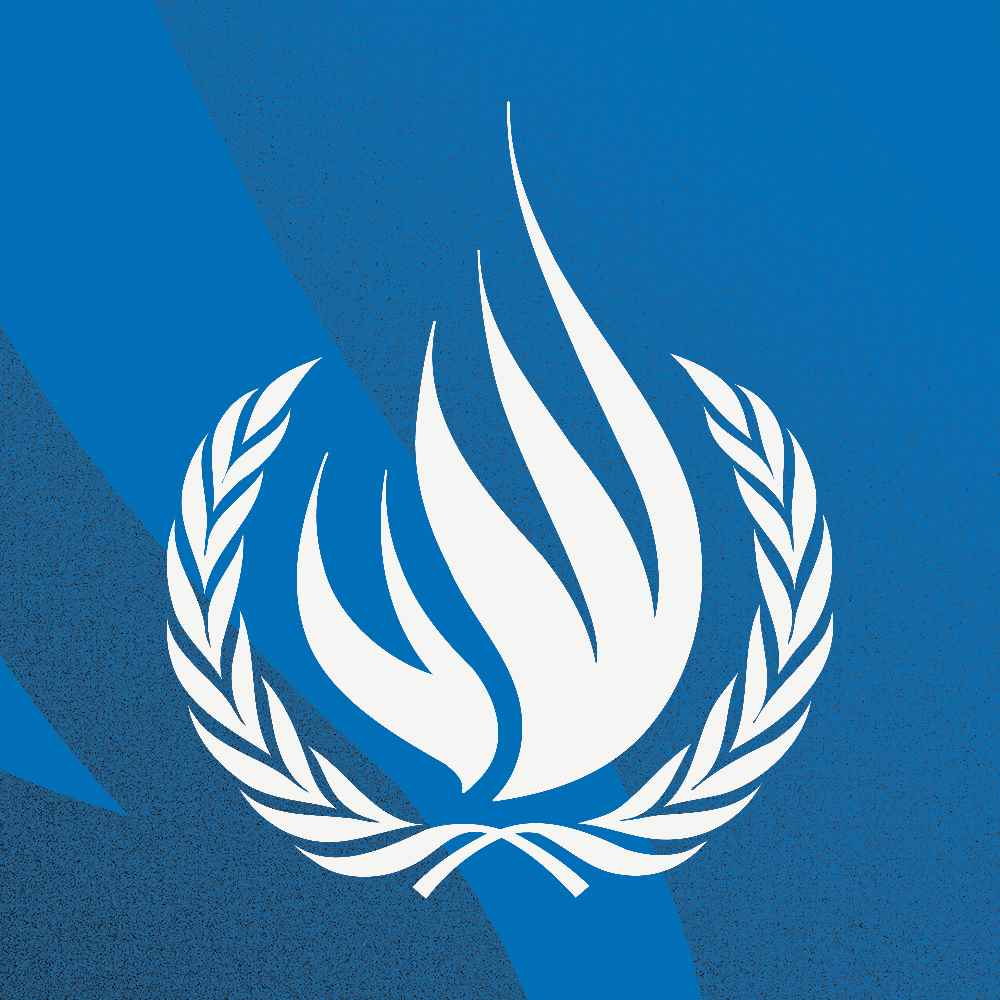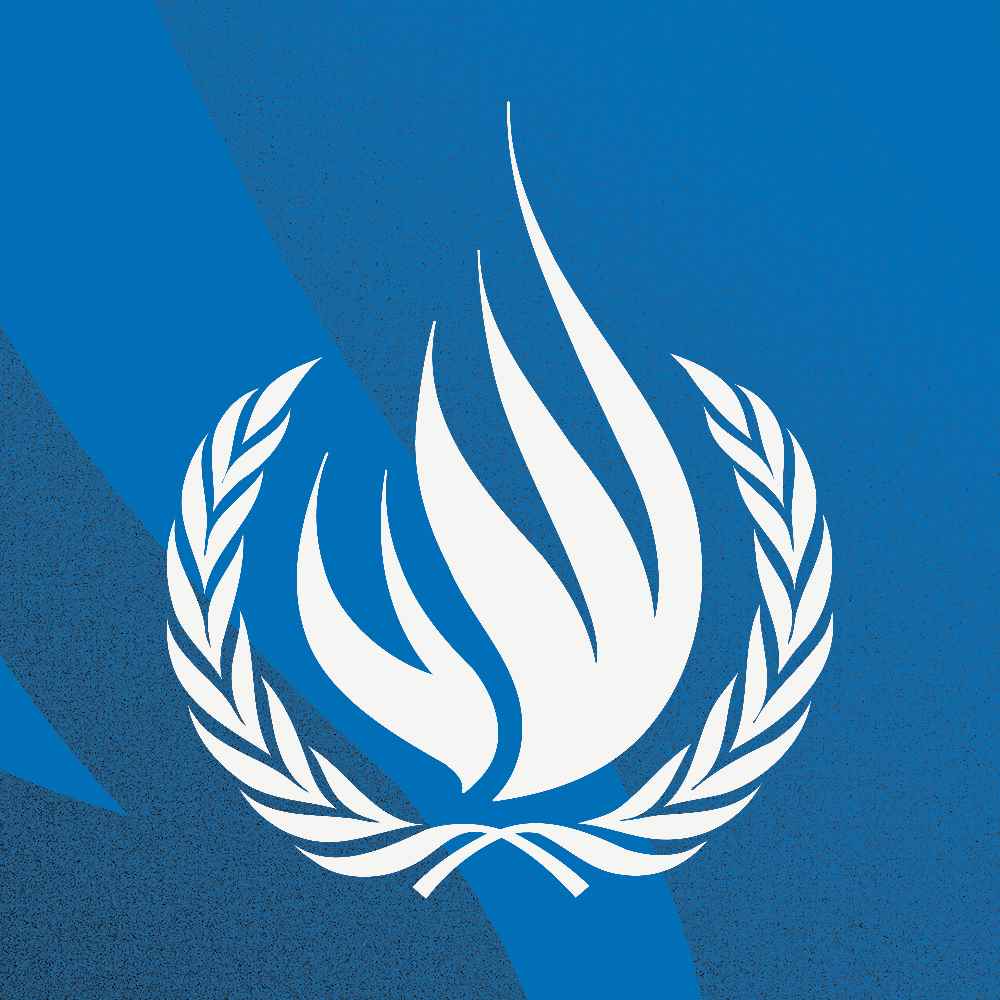
“It was really great to be out there and to learn about the different challenges the country faces, about the incredible resilience within the society, and the beauty and the rich diversity that exists within Guatemala,” said UN Human Rights Chief Volker Türk after his recent visit to Guatemala.
Türk visited Guatemala from 15 to 19 July at a crucial moment in its history to support the country in its efforts to strengthen democracy, the rule of law, the fight against corruption, and to establish a clear and transformative human rights agenda.
“I had a chance to meet with the Government, with the President Bernardo Arévalo, with young people, with Indigenous Peoples, with representatives from civil society and victims, with different members of the Parliament, the Constitutional Court, and representatives of the private sector. So, I had a full-scale view of Guatemala,” Türk said.
Türk also held meetings with the National Human Rights Institution, the United Nations country team, and the international community.
UN Human Rights has a long presence in the country. The Office has built very strong connections with different communities around the country and with human rights defenders.
“We are a bridge between the society at large and the institutions of the State,” Türk said.
Türk visited Totonicapán, whose name comes from the Náhuatl language and means “in the place of the hot water.” Totonicapán is a municipality located 200 km west from Guatemala City, where almost all the population are Indigenous Maya-k’iche’.
“Totonicapán has a self-governance structure alongside the State structure that [Indigenous peoples] have organised among themselves,” Türk said. “It was very clear that there were a number of women among them as well. They were very outspoken. They talked about the challenges that they face.”
The Indigenous leaders of Totonicapán played an important role in safeguarding democracy and rule of law in times of the political tensions in the country from October 2023 to January 2024.
“I also met the first ever Indigenous woman who became the Governor of Totonicapán and that was impressive. She was so keen to not only talk about human rights, but also about the struggle of Indigenous Peoples in the country,” Türk said.
In 2012, during a massacre in “Cumbre de Alaska,” a mountain pass located between Totonicapán and the city of Solalá, six Indigenous men were killed and 34 people were injured during a demonstration and a clash between members of Indigenous communities, the police and military forces. After 11 years, a trial against nine military officers for the crime of extrajudicial executions started. Two military officers were acquitted, and seven officers were sentenced with minimum penalties. The trial had been monitored by the Office.
“I met survivors or families of survivors of a massacre that took place in the Cumbre de Alaska, and that was very moving,” Türk said. “And I have to say, also very troubling, because there"s still a lot of work to be done for accountability, to serve justice, but also to respond very concretely to some of the needs that some of the victims and survivors have. And I really felt with them, and I also felt with the lawyers who were defending their cases in the judicial system.”
Türk said the enthusiasm and the dynamism of human rights defenders in Guatemala is impressive, but also their frustration as criminalisation continues, including judicial personnel who are essentially being persecuted because of their work to advance human rights and to investigate and punish those involved in corruption.
“
I could see the resiliency among people, but I was also shocked by how difficult their circumstances are.
“
In his vision statement, “Human Rights: A Path of Solutions,” Türk said that for the human rights movement to flourish, the unacceptable trend of declining civic space in every region needs to be confronted.
“Governments must put an end to regressive and repressive behaviours that suppress freedom of expression, association and assembly. And they must ensure human rights defenders, including environmental activists, are protected from all forms of intimidation and attack,” Türk said. “We need to explore strategies for encouraging positive engagement by States with human rights defenders.”
He also called upon public institutions, including legislative and the judiciary, and the society to support the Government’s vision to advance the protection and promotion of human rights for everyone in Guatemala.










